September 2022
As farming requires a diversity of knowledge and expertise, practical knowledge alone is not enough anymore. All farmers require ongoing education because there are continuous new developments in technology, science and business management. Training helps farmers to incorporate the latest scientific advances and technology tools into their daily operations; and ensures that developing farmers are not left behind.
One of the most common problems the team of Grain SA’s Farmer Development Programme has noted at the study groups, is that most of the farmers have not been exposed to best practices – so their knowledge about modern agriculture is lacking and their skills in advanced maize production are therefore compromised.
Furthermore, many of those farmers are daunted by complex environments such as marketing and agribusiness development. Training to address these knowledge gaps is essential for sustainable development in the sector.
The courses are well designed and based on the feedback of managers, mentors and farmers regarding what training needs exist in the different regions. They are taught in languages the farmers are familiar with and each farmer is gifted a course manual to keep for future reference. Courses are aimed at empowerment through the acquisition of new knowledge and skills development.
Attending the training courses has proven to be beneficial and empowering for developing farmers, contractors and agricultural extension officers alike.
THE JUNE COURSES
Although the harvest season was imminent, Grain SA – with budget support from the Maize Trust and Bayer – managed to present three courses for developing farmers during June 2022. More than 50 developing farmers attended these courses, presented by Grain SA’s trainer mentors.
Some of the topics that were addressed in the theoretical side are soils, planting, weeds, pests and bookkeeping. The course also included practical demonstration on things such as:
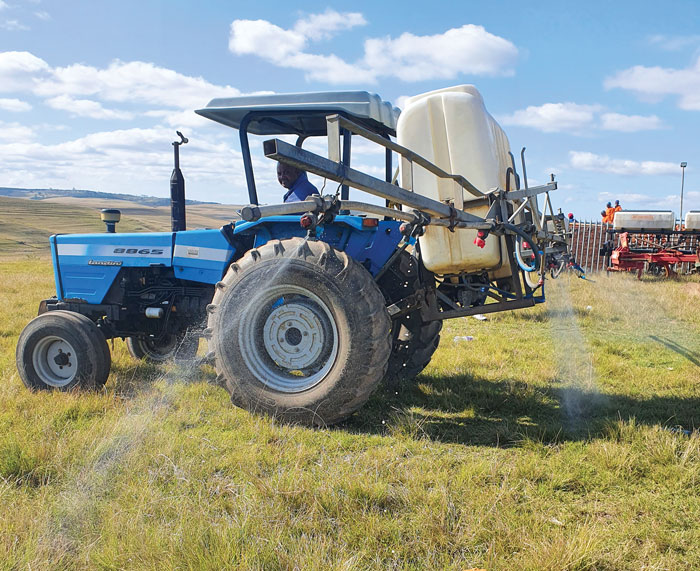
During one of the courses, farmers learned how to calibrate a boom sprayer correctly.
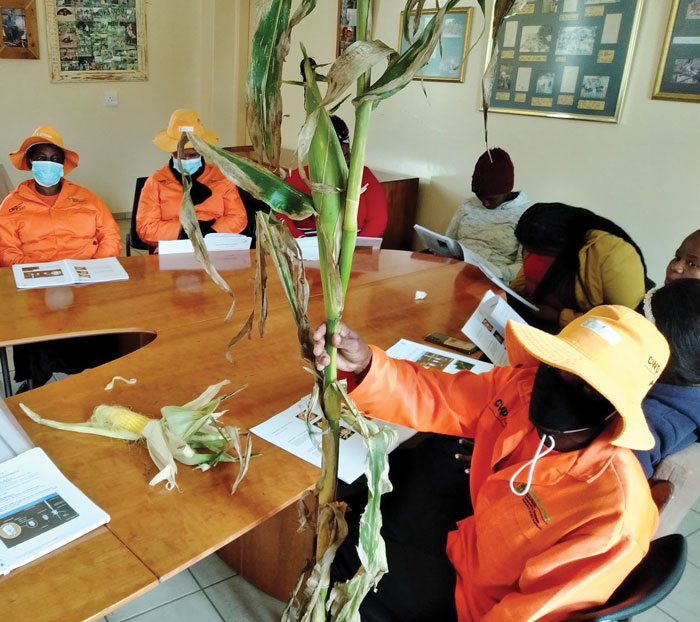
Farmers found out more about maize plant morphology in the course ‘Introduction to maize production’.
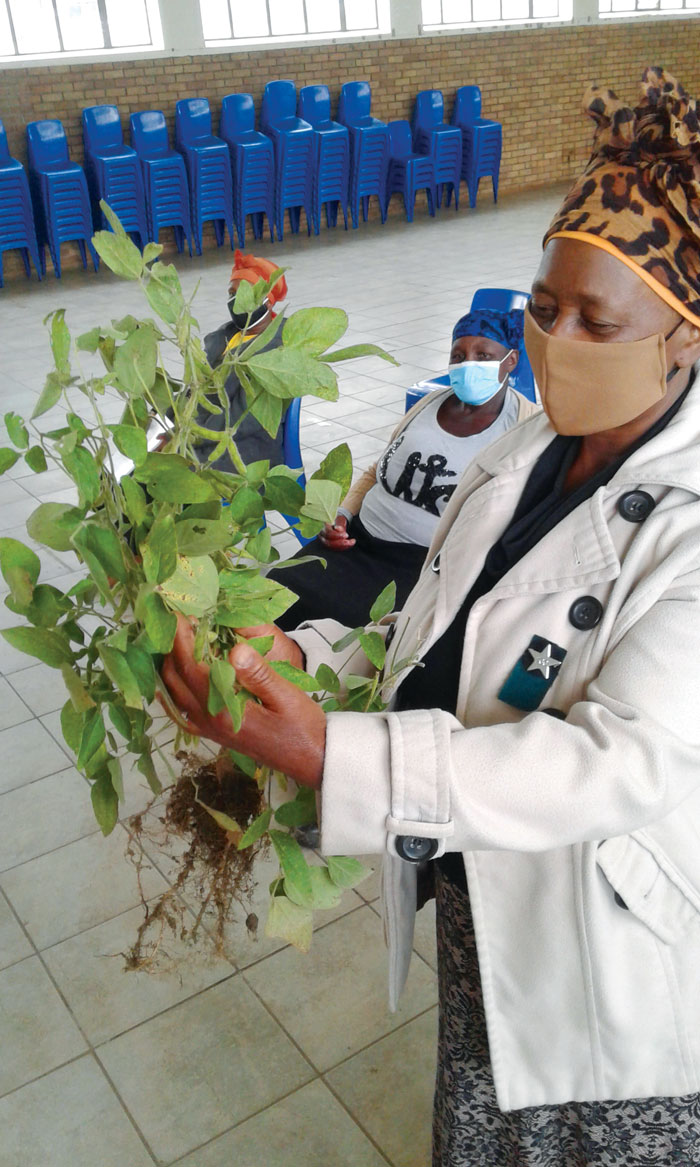
These ladies learned more about the soybean plant.
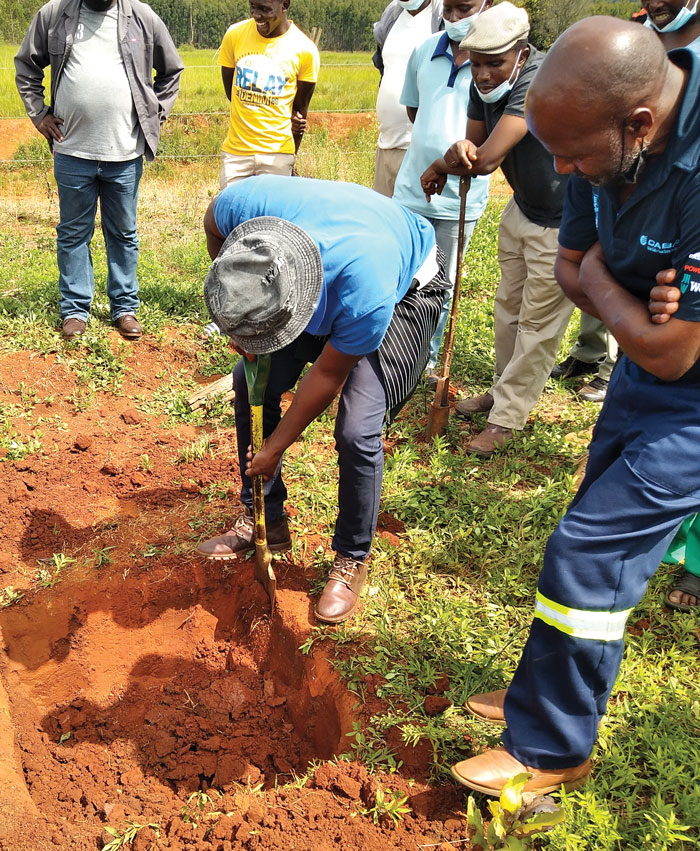
During one of the courses at Emahlathini, farmers were shown how to dig a profile hole to do soil sampling.
There is an African proverb that says tomorrow belongs to the people who prepare for it today. During June, the Grain SA team was making sure that farmers were preparing for tomorrow through the following farm visits, study group meetings and training courses:
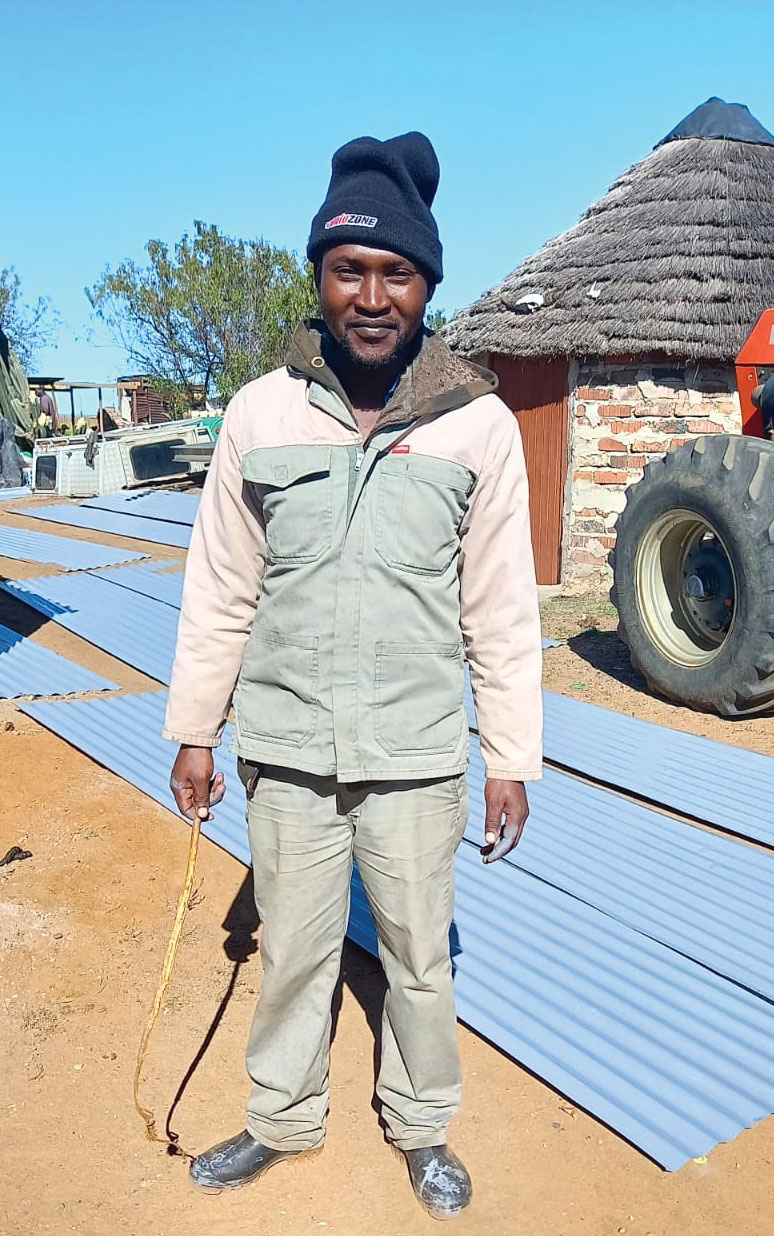
A field visit to Alfred Manqoba Gondo showed a rewarding maize crop which is projected to yield 8 t/ha.
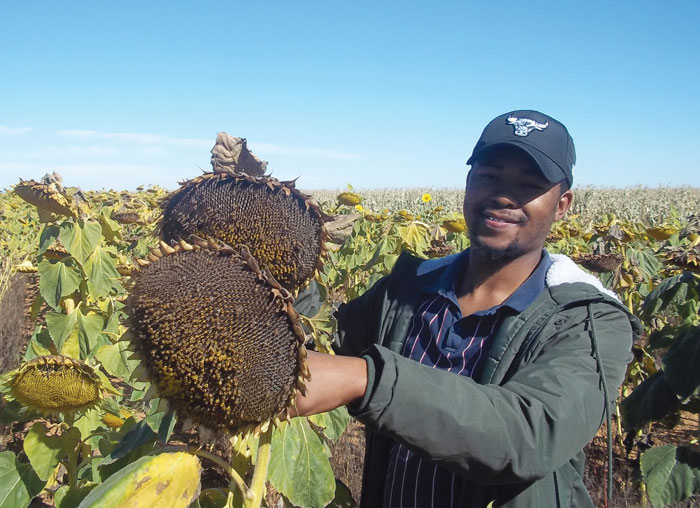
Thaele Mampho Adeline in his sunflower field. In June, his sunflower crop was nearly ready for harvesting and looking good.
Here is what some of the farmers reported after attending the course, ‘Introduction to maize production’:
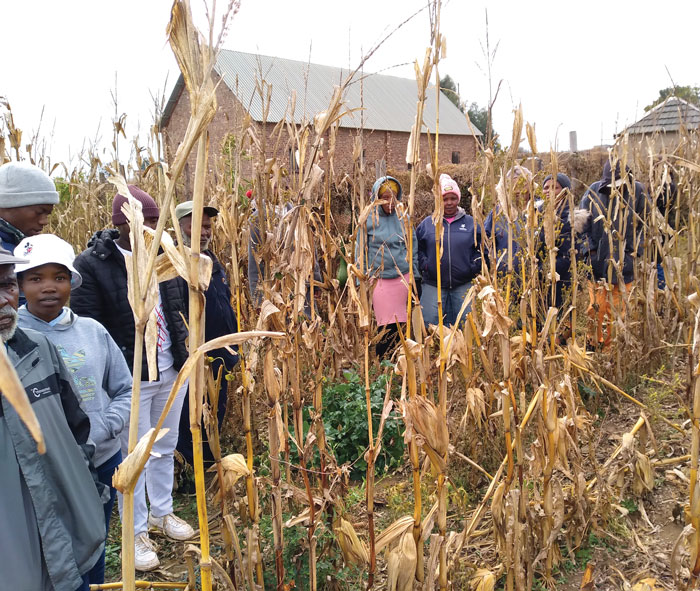
Paying a visit to maize fields to look at problems and discuss solutions helps farmers develop into better farmers.
Publication: September 2022
Section: Pula/Imvula